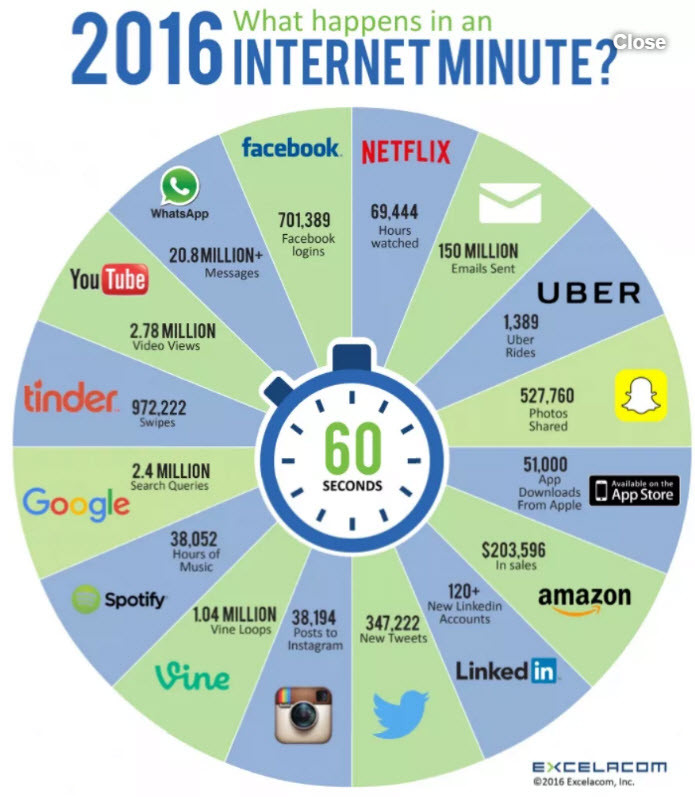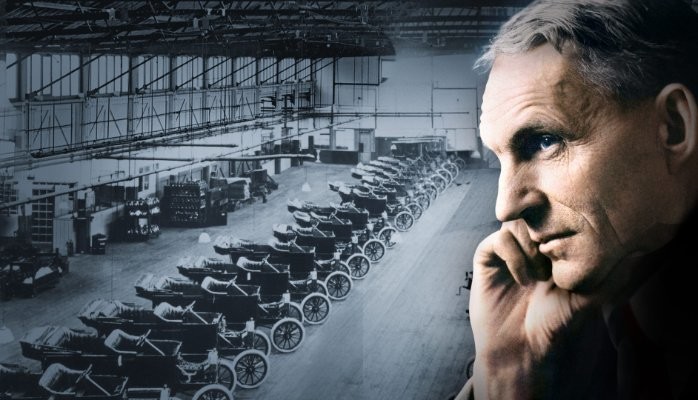I’m convinced that Ford’s quote regarding the Faster Horse is the most misleading and abused quote in innovation history.
I’m also becoming progressively more convinced that he never even said it!
There is no documented mention of the quote until 2003!
Nonetheless I spend my entire life being forced to debunk this quote.
If you are one of the few that isn’t aware of the quote I’m referring to then the story is as follows. When asked why he didn’t ask consumers what they needed, Ford is attributed to have said, ‘If I’d have asked them what they needed, they would have said a faster horse’.
QED.
Consumers and customers cannot be trusted as the basis of informed innovation because they don’t know what they don’t know.
Market Research is a waste of money, pour the funds into engineering and R&D budgets instead.
Customers and consumers will only answer you based on their limited understanding of what is currently available and cannot possibly be expected to give you an educated response based on technological shifts or disruptions they have no visibility on.
Codswallop!
This approach to ‘consumer insight’ denial has fed legions of engineers, product managers and ‘entrepreneurs’ over the years ignoring their customer and consumer on the basis that they know better.
This quote is the foundation stone of what I call ‘Technology Push’, the extremely unreliable and risky method of creating innovations and technologies immune from fear that no one needs them.
Technology push is an evangelic approach to customer needs that is driven by the mistaken belief that once the customer sees how clever you have been, they will discover they need you after all.
My book the Seven Deadly Sins of Innovation is chock full of examples of technology push from Air Umbrellas to Internet connected egg trays.
So how’s this approach of ignoring the customer insight working out?
Most companies (particularly big companies with sizeable R&D spends) have an atrocious hit rate on innovation success vs failure. However these are exactly the companies where self-belief in the power of technology to make needs appear miraculously out of the ether is at it’s strongest.
‘The consumer would never have asked for the internet!’ is the supporting statement.
QED. The consumer didn’t know that the internet was possible so clearly wouldn’t have asked for it in advance.
Are you insane?
Of course the consumer wouldn’t have asked for the internet because the internet is not a need! No one goes through life thinking “you know what I need right now, an internet!”
It enables benefits to be offered. It is not in itself a benefit!
The point of the innovation is not the delivery of the internet, it is the delivery of another primary benefit.
Always remember, apart from a super elite of techno geeks, most people buy what something does, not how it does it!
If you look at every big success of the internet age, they didn’t create new needs, they solved existing needs (to fall in love, to trade better, to know the status of your friends relationships better). They happened to use the internet as an enabler.
Look at this chart, people are booking taxi’s quicker, watching films more conveniently, sharing photos more widely and instantly. They are not buying the internet, that’s there in the background, but not the point.

Remember, no consumer went out and bought an internet for themselves.
It’s not a thing you can buy, you have to buy the whole proposition of which the internet is just one element.
This whole notion is captured in the following video that sums up how Ford should have asked the question.
He shouldn’t have asked about the horse because that was predicating the answer to be based on the means (technology) not the end (the desired outcome).
The drill not the hole as the video explains.
What should Ford have said?
‘Forget the horse for a second, tell me what your desired outcome is and let me worry about how that’s done’.
Now that quote enables creativity!
It enables brilliant entrepreneurship and creativity in engineering!
But it does so in the full knowledge of what is needed and gives the organisation confidence that when it’s done, there will be a market!
Ironically as a footnote it appears that Ford never even said the quote that so many attribute to him.
Indeed Ford appears to be more insight driven and customer requirement driven than many who support the myth would like us to believe. I found this quote from Ford that suggests his success was heavily built on understanding needs, desired outcomes and insights.
“I will build a car for the great multitude. It will be large enough for the family, but small enough for the individual to run and care for. It will be constructed of the best materials, by the best men to be hired, after the simplest designs that modern engineering can devise. But it will be so low in price that no man making a good salary will be unable to own one – and enjoy with his family the blessing of hours of pleasure in God’s great open spaces.”
Perhaps those who deny the need for customer insights should look elsewhere for a quote to hide behind?
Find more videos like this at MatShoreInnovation

